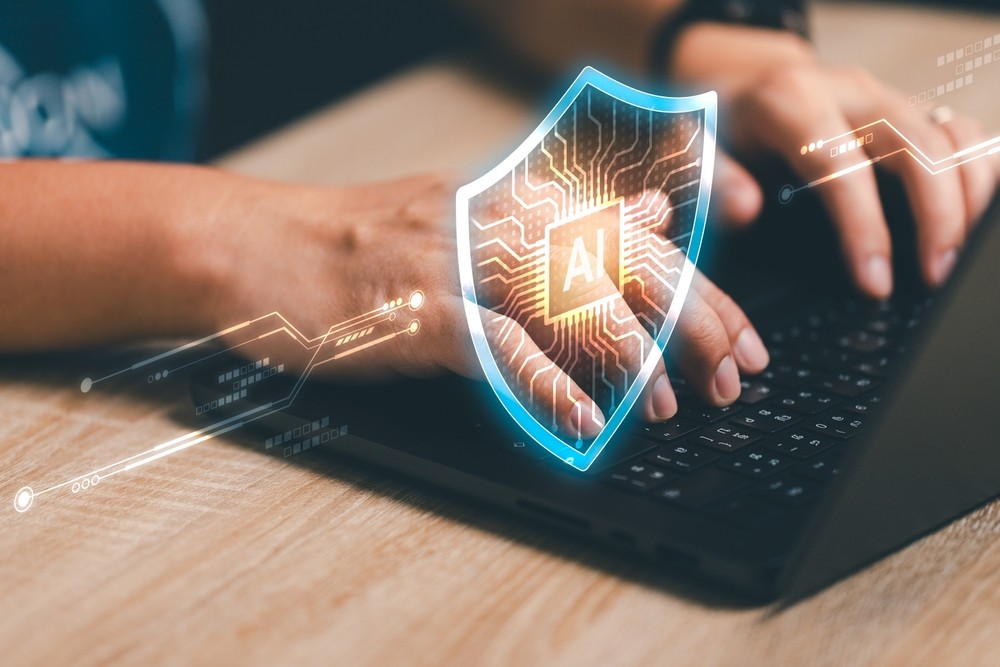Arctic Wolf®, a global leader in security operations, recently unveiled insights from its latest report Navigating the Human-AI Relationship for Security Operations Success. Conducted in collaboration with Sapio Research, the study surveyed almost 2,000 IT and security decision-makers worldwide. Astonishingly, 99% asserted the influence of AI on cybersecurity purchases or renewals in the coming year.
Modern security teams are inundated by a deluge of alerts originating from fragmented tools and disparate data sources. With finite staffing and resources, they face high-pressure decisions on which alerts warrant investigation. This often leaves critical threats obscured by the noise leading to analyst burnout, prolonged response times, and increased vulnerability.
Such mounting pressure has positioned AI as a pivotal element in cybersecurity strategy. Organisations are embracing AI not merely as a tool, but as a strategic partner in security operations. From advanced threat detection and large language model assistants offering contextual insights, to AI-driven workflows automating mundane tasks, AI is integral. Coupled with skilled human oversight, these tools can distinguish genuine threats, mitigate alert fatigue, hasten investigations, and ensure focus on primary risks.
Key findings from the report highlight:
- AI as a Cybersecurity Staple: With 99% affirming AI’s impact on security decision-making, and four in ten budgets allied to AI solutions.
- Widespread Adoption: 73% of organisations have adopted AI in their cybersecurity framework, spearheaded by the U.S. (82%) and financial services (82%). Meanwhile, sectors like utilities (59%) and regions such as the Nordics (59%) proceed cautiously.
- Automation Transforming Security: 73% plan to deploy AI in security automation, with 72% focusing on threat prediction and prevention and 70% enhancing detection capabilities.
- Essential Human Oversight: Over two-thirds argue for significant human input in AI processes, 52% intend to upgrade team skills for AI management, and 46% foresee analysts validating AI alerts.
- Challenges to Overcome: Data privacy poses the top challenge at 33%, followed by cost issues (30%) and fulfilling organisational needs (28%).
“Artificial intelligence is rapidly becoming a cornerstone of modern cybersecurity, but it benefits from human expertise to be truly effective,” said Dan Schiappa, President of Technology and Services at Arctic Wolf. “The insights from this report give leaders the data they need to make smart, targeted investments, deploying AI where it can deliver measurable outcomes, cut through alert noise, and help security teams work with greater speed, accuracy, and confidence.”




